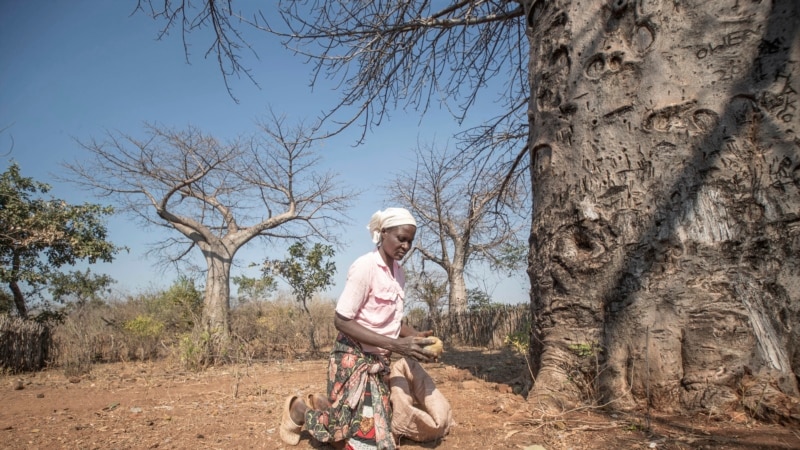Tuesday, August 20, 2024 When planning an overseas holiday, destinations like Afghanistan, Iraq, and Sierra Leone in West Africa are usually not at the top of the list for most travelers. In fact, the Australian government strongly advises against visiting the first two. However, a surprising trend is emerging among wealthy, well-traveled older individuals who are increasingly drawn to these high-risk areas.
David Smyth, a New South Wales travel agent, has noticed a “strange and unexpected” interest in these locations among his affluent clients. Smyth’s company, Forward Travel, has long specialized in creating tailor-made itineraries to unique and off-the-beaten-path destinations. While the company has previously offered trips to remote areas like Patagonia and the polar regions, it only began including Afghanistan, Iraq, and West Africa about a year ago.

The decision to expand into these regions came after Smyth observed a growing trend of tourists sharing their experiences in these countries on social media. Intrigued, he attended the ITB travel trade show in Berlin, where he met with representatives from these nations and was eventually invited to explore Iraq himself. “Iraq was an eye-opener for me,” Smyth recalls.
“I’ve visited nearly 100 countries, and I can genuinely say the people in Iraq were the friendliest and most welcoming. They were so happy to see Westerners visiting their country, not to invade or take their artifacts, but to appreciate their culture.” Smyth spent 14 days traveling from Basrah to Kurdistan, deeply impressed by the historical significance of the region, often referred to as the “Cradle of Civilization.
” Despite the inherent risks, interest in these destinations is growing, particularly among older Australians in their 60s and 70s. Smyth notes that while these trips are not cheap and are unsuitable for first-time travelers, they attract those who have already explored much of the world and are now seeking something more adventurous. “These travelers are willing to pay for the experience because it’s something they’ve always wanted to do,” Smyth explains.
“They’re not looking for luxury; they want authenticity. They’re happy to stay in basic accommodations if it means they can visit a temple in the middle of a jungle they’ve read about.” Smyth also highlights the appeal of these destinations to history and culture enthusiasts who are drawn by the mystique of exploring places far removed from the usual tourist trails.
Interestingly, the growing appeal of “dark tourism”—where travelers visit places associated with death, disaster, or conflict—has prompted some to seek out these high-risk areas despite government warnings. Dr. David Bierman, an expert in tourism risk management, notes that there is a genre of travelers who are particularly fascinated by the danger and history of such locations.
“There will always be a group of people who are excited by the prospect of visiting places that others avoid,” Bierman says. “For some, the government’s ‘do not travel’ advisories only increase the allure.” Despite the dangers, Smyth ensures that his clients are well-prepared.
He advises travelers to thoroughly research local customs and potential risks, consult with experts, register with their consulate before departure, and always follow the guidance of local guides. For those interested in these destinations, Smyth’s Forward Travel offers a unique service through Global Rescue, a company that provides emergency evacuation services in case of political instability or medical emergencies. While traditional travel insurance may not cover these high-risk areas, Global Rescue ensures that travelers are protected in the event of a crisis.
As the trend of “dark tourism” continues to grow, it seems that for some, the thrill of exploring the unknown outweighs the risks involved..



















